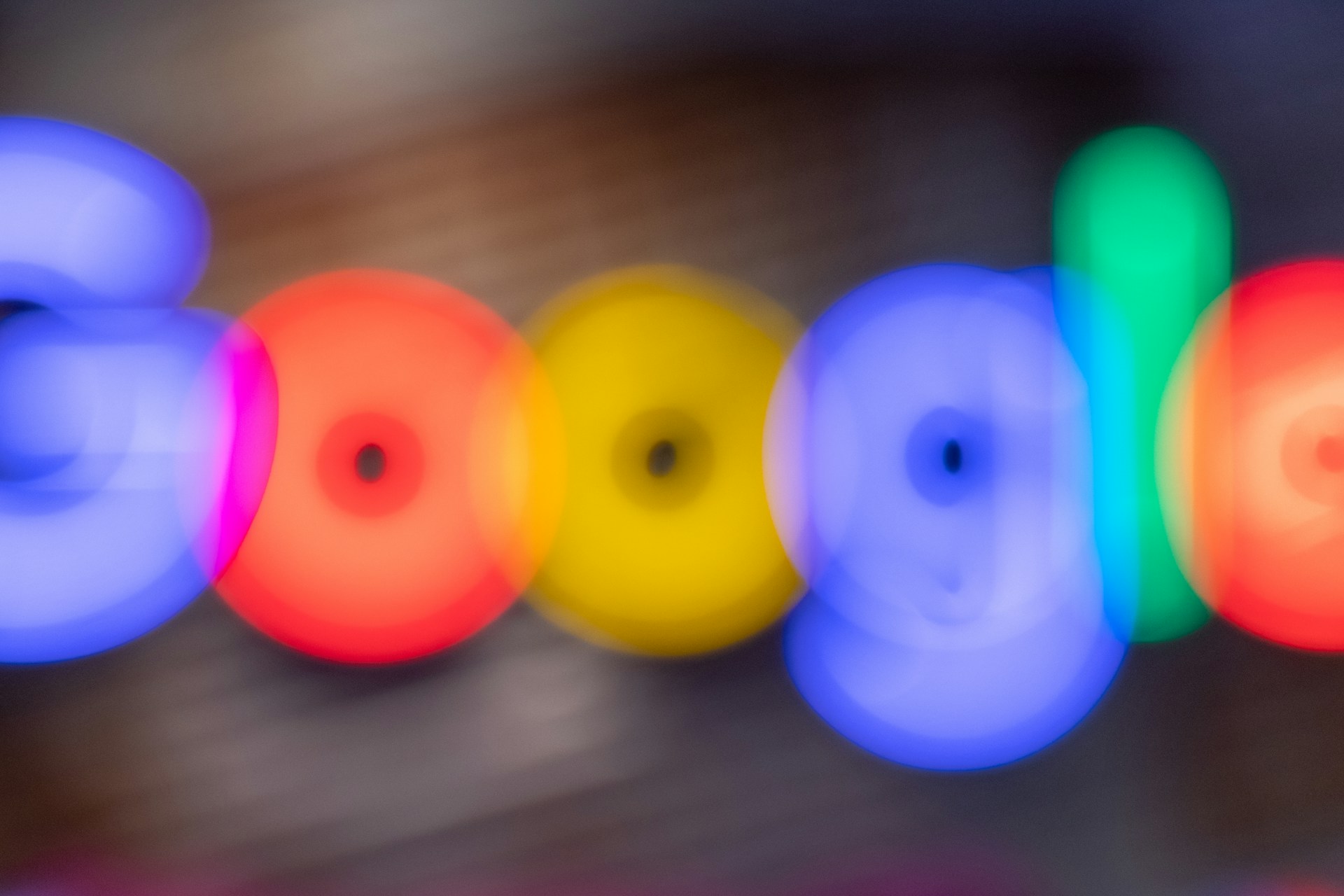 Tim Senior, GP, Tharawal Aboriginal Corporation, Airds, Australia.
Tim Senior, GP, Tharawal Aboriginal Corporation, Airds, Australia.
There is a lot to be said about the computer who sits in on all our consultations. We can describe all the multiple uses of our electronic friend, including keeping our records, prescribing our medication, communicating with colleagues, receiving results, tracking quality, and providing decision support. The computer can also be our enemy, distracting us from the patient with its alerts and checklists, or acting as a back door into the practice for ransomware, or even just deciding that connecting to a printer is way too much effort right now.
One of the most obvious things I use my computer for, though, gets much less attention: I Google stuff! In those moments where I need some information straight away at the point of care, I get on the internet and just search Google. I’m sure I’m not the only one, though advice on how to do this is scarce, and includes a recommendation to ‘avoid Google’!1
There’s a real risk often voiced by GPs that using Google will make them look stupid in front of the patient, and while there is evidence this can happen, especially with younger patients, it’s often not as bad as we think.2
It does depend quite significantly on what it’s used for, and how it’s used, though. Often, I might be searching for the contact details of another health professional not in our address book. Sometimes my Google searches are on behalf of a patient — quite a few of my patients have poor IT access. This might be identifying the active ingredients in a weight-loss supplement to give advice on its effectiveness and safety, but it has included finding visa requirements for an overseas trip!
There are ways of searching that might make me look more or less stupid. I try to avoid searching in a way that looks like I know nothing. I’ll try to guide the patient through my thought processes about what they are telling me, the exact information that I’m trying to find, and the resource I’m using to find it. So I might use Google to find me pictures of their rash from a specific dermatology website. Or I might find specific clinical guidelines. At the same time I might give a commentary about the sites I’m looking for, the ones that are purely advertising, and the ones that are just unreliable.
In this way, Googling is not finding out something from scratch, it’s adding some specific knowledge to what I already know. Probably the most important aspect, though, is the bit most easily missed. All my Google searching occurs in the context of a relationship with the patient. Most often it’s many consultations long, but even if this is our first meeting, we’ve developed some rapport and trust which forms the context of any searching. The results of any search then require interpretation into the patient’s context, their ideas of what they want to do.
Googling is a microcosm of all our activities in general practice. On the surface it can look like a simple independent task, but in fact it’s a tool we can use consciously and with intentional skill to enhance both health outcomes and the therapeutic relationship with the patient.
References
1. Tranter I, van Driel ML, Mitchell B. How to ‘Google’ in front of the patient: a practical approach to information seeking during the consultation. Aust J Gen Pract 2023; 52(7): 490–493.
2. Kahane S, Stutz E, Aliarzadeh B. Must we appear to be all-knowing?: patients’ and family physicians’ perspectives on information seeking during consultations. Can Fam Physician 2011; 57(6): e228–e236.
Featured photo by Mitchell Luo on Unsplash.






